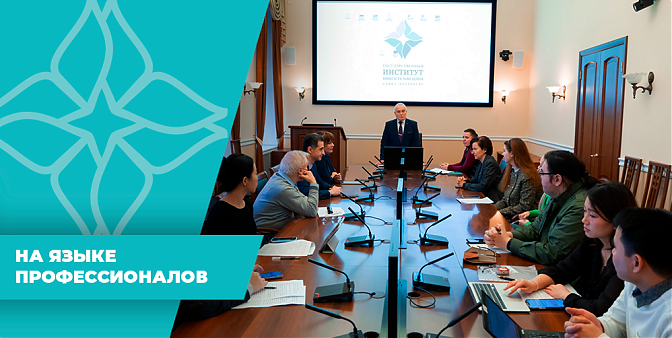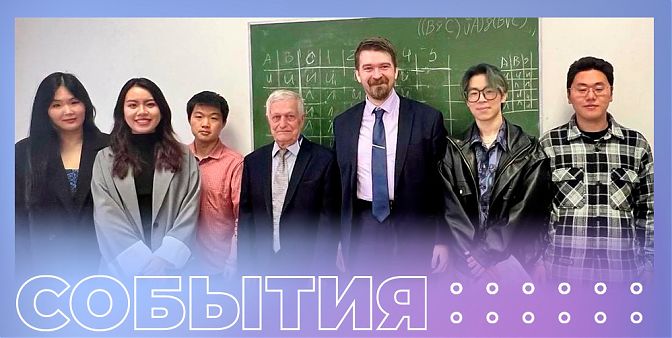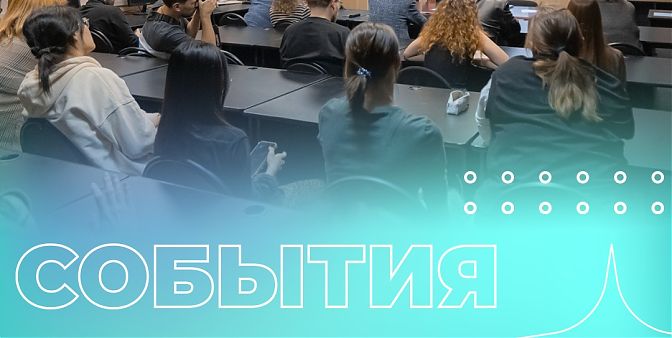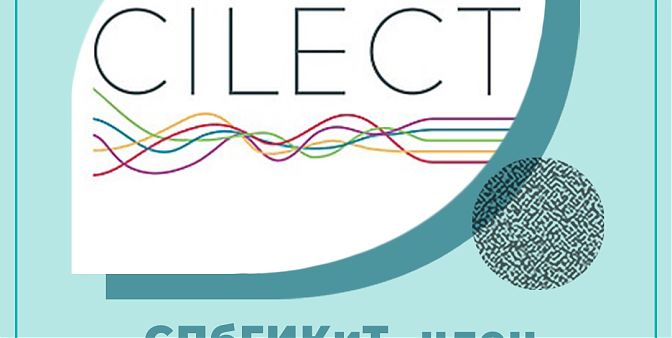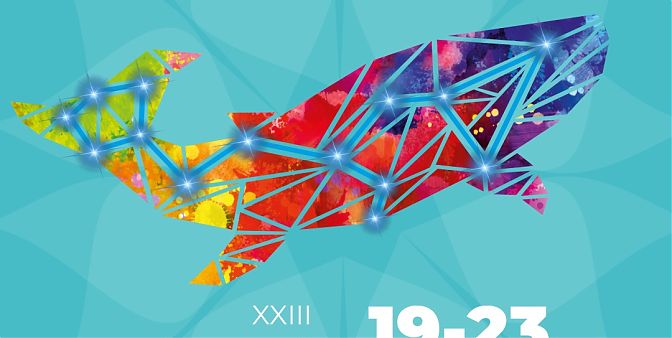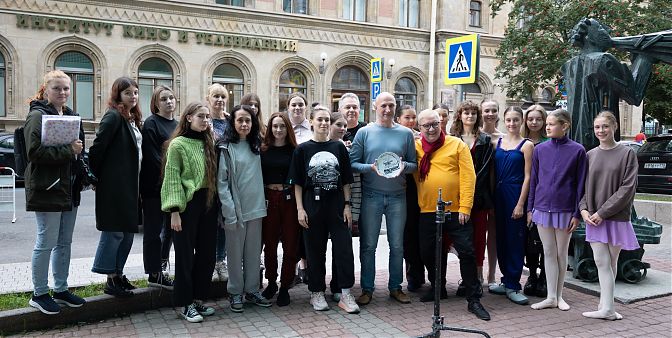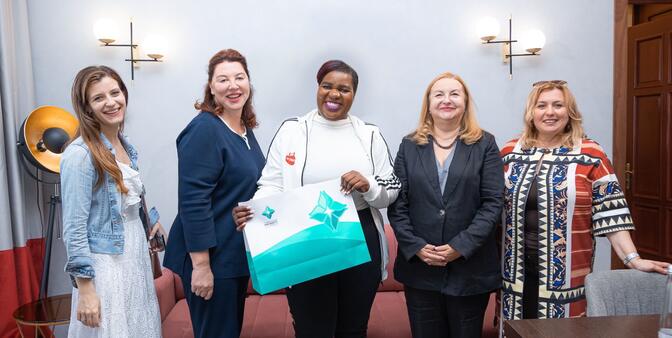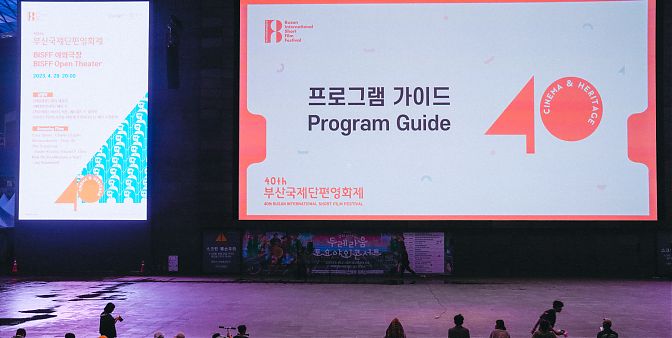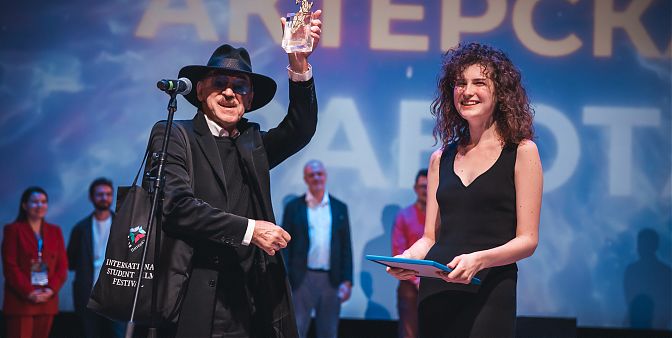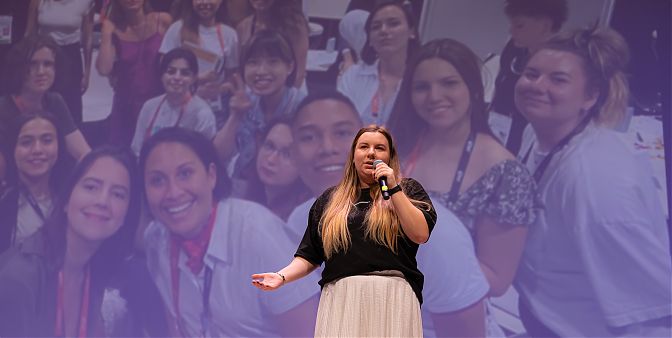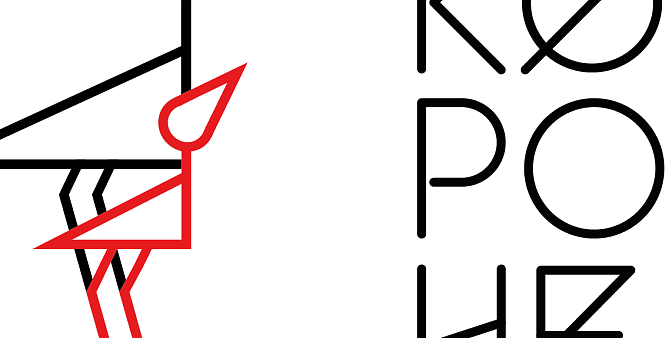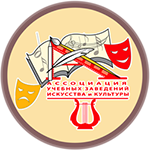08.05.2018
Students of our University met with the German film director

The St. Petersburg University of Film and Television hosted a creative meeting with the German director-researcher Wilhelm Domke-Schulz. The meeting participants discussed the policy of federal television in the West and in Russia, touched upon the issue of political propaganda, and also watched the trailer of the director's new film

Wilhelm Domke-Schultz graduate of the Film University Babelsberg Konrad Wolf, has 15 years of teaching experience in various universities in Germany. Most of his scientific work was devoted to the issue of propaganda against Russia on federal channels. Talking about his research, the speaker stressed that German television has been broadcasting antidemocratic propaganda for a long time:
- Unfortunately, the negative attitude to Russia is spreading through telecommunications for several years. I have been watching this for decades, and the roots of anti-Russian propaganda have been growing since the First World War.

The guest said that anti-Russian sentiment especially intensified in 2014, after the accession of the Crimea. It is this fact that spurred the director and a group of German travelers to come to the peninsula and look at the standard of living of people:
- We gathered a small team and went to make a film about life in the Crimea. The most interesting thing is that the desire to participate was very strong among Western Germans who do not know the Russian language, are little acquainted with Russian culture. Many of them considered this trip as an excellent opportunity to get to know your people. We were warmly received, no one perceived us as enemies. After our return, no one had any doubts that the reality and the picture on the TV are two different things.

Wilhelm also noted that he faced serious problems after he started working on a film about life in the Crimea:
- For the most part, this is due to the fact that people do not want to take risks. They are afraid to lose their jobs, because such films are prohibited. Earlier in Germany, there were several film festivals that positioned themselves as platforms for documentary free movies, but now there are none. If I had made a film about the heroes of Donbass, it would have been perceived much better than an objective picture of what is happening on the peninsula.

At the end of the meeting, the guest stressed that he would continue working on the picture. Unfortunately, the film will not be shown on television, but an alternative platform is under development, where it will be placed. The picture will be translated into several languages and anyone can see the film on the Internet and see what actually happens in the Crimea.
Department of Information and Public Relations


